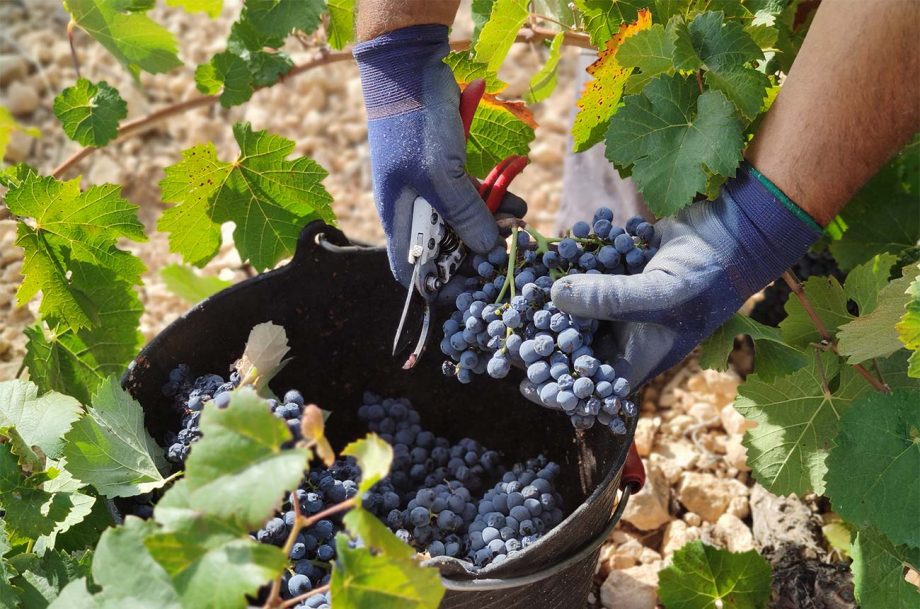In association with DO Jumilla.
A unique combination of climate, soils and topography promotes organic growing on Spain’s high plateau
Andrew Black No
Ask a Jumilla vine-grower if they are organic and you’re likely to get a wry smile. Jumilla is by definition, they will say, organic. In fact, many growers in this wine region don’t even bother with certification, because it’s a given that they farm their vines organically. The appellation’s dry, sunny, high plateau terroir largely spares it from disease. Even phylloxera struggled to get a foothold in these parts and never penetrated the higher rocky terroirs at all.

With this luxury comes the inevitability of naturally low yields. While over recent years, the appellation has looked on with bemusement as other Spanish regions have sought by various means to lower yields so as to raise quality, methods such as green harvesting have never been necessary in Jumilla. The appellation has the lowest natural yields per hectare of any wine region in the world because of its exceptionally dry conditions (only 300mm average annual rainfall) and the need to plant at very low density to prevent the vines from suffocating.
In such conditions, climate change would appear to be a threat, and yet this is far from being the case. Incredibly, the vast majority of Jumilla’s vineyards are dry-farmed (around 79%). Generations of growers have witnessed how the moisture in Jumilla’s deep, cool, rocky, limestone soils, which cover most of the region, enables vines to survive without irrigation.
Sign up to our Newsletter to receive news about Jumilla’s campaign in the US

Copyright 2021 © All rights Reserved. Design by Desembarco Llc